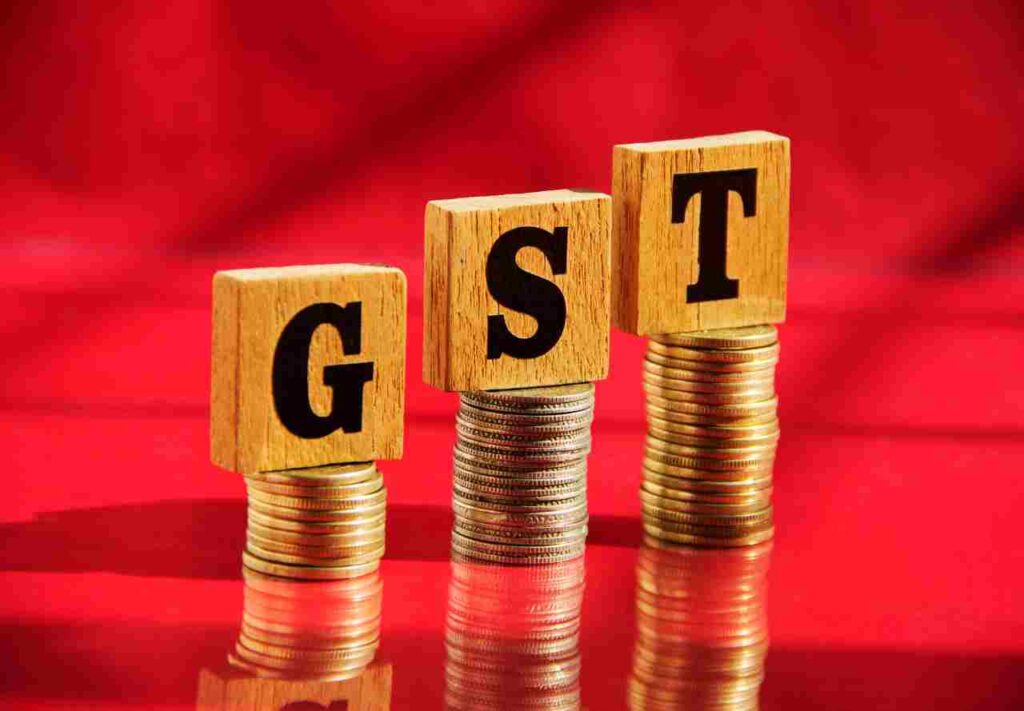The Electronic Way (eWay) Bill is a system introduced under the Goods and Services Tax (GST) regime in India to facilitate the seamless movement of goods across state borders. It’s essentially an electronic document generated online for the movement of goods worth over a specified threshold value.
Key Components:
- Generation: The eWay bill is generated on the GSTN (Goods and Services Tax Network) portal by the registered supplier or the transporter. It contains details such as the type of goods, quantity, value, and the place of origin and destination.
- Threshold: As per GST rules, eWay bills are required for the movement of goods worth more than Rs. 50,000 (as of my last update). However, some states may have different thresholds.
- Validity: The validity of an eWay bill depends on the distance to be traveled by the goods. For distances up to 100 km, the validity is one day. For every additional 100 km or part thereof, an additional day is added.
- Parties Involved: The eWay bill involves multiple parties, including the supplier, the transporter, and the recipient of the goods. Each party may have a role in generating or carrying the eWay bill.
- Verification: Enforcement authorities can verify the eWay bill during transit to ensure compliance with GST regulations. This verification can be done electronically or through physical inspection.
- Cancellation: If the goods are not transported or if there’s a change in plans, the eWay bill can be canceled within a specific time frame.
Objectives:
- Streamlined Movement: The eWay bill system aims to streamline the movement of goods across state borders by providing a standardized electronic document.
- Compliance: It helps in ensuring compliance with GST regulations by tracking the movement of goods and preventing tax evasion.
- Efficiency: By digitizing the process, the eWay bill system aims to make the process of generating, carrying, and verifying documents more efficient, reducing paperwork and administrative burden.
Implementation:
The eWay bill system was rolled out gradually across India, starting in April 2018. Initially, it was implemented for interstate movement of goods and later extended to intrastate movement in several states.
Challenges:
- Technical Issues: Initially, there were technical glitches in the GSTN portal, leading to difficulties in generating and managing eWay bills.
- Awareness and Compliance: Ensuring awareness and compliance among businesses, especially smaller ones, remains a challenge.
- Interstate Coordination: Since the movement of goods often involves multiple states, ensuring seamless coordination and acceptance of eWay bills across state borders is crucial.
Overall, the eWay bill system under GST represents a significant step towards modernizing India’s logistics and taxation system, aiming to facilitate trade and boost economic efficiency. We at ebex consulting , which is one of the best CA firm in Gurgaon, specialize in GST and if you are looking for any GST registration services in Gurgoan, you can contact us for best services.


